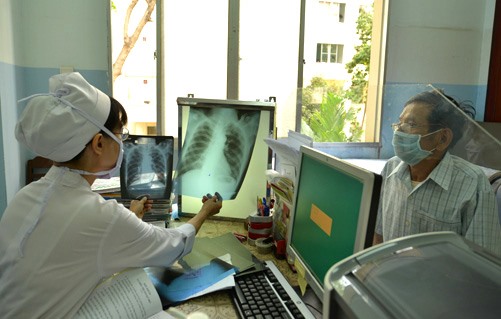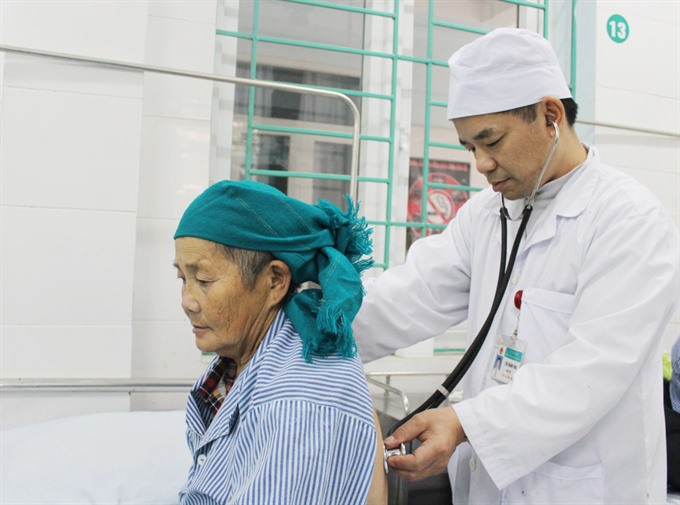 Society
Society

" />Cooperation between private and public health facilities has been ineffective in controlling and detecting tuberculosis cases in HCM City, according to the city’s programme on TB prevention.
 |
| HCM City targets reducing the number of TB cases to zero by 2030. — VNA/VNS Photo Phương Vy |
HCM CITY — Cooperation between private and public health facilities has been ineffective in controlling and detecting tuberculosis cases in HCM City, according to the city’s programme on TB prevention.
Speaking at a conference held on Tuesday by the city’s Department of Health, Dr Trương Văn Vĩnh, a member of the TB programme, said that private health facilities should first test patients suspected of having TB before they send them to specialised hospitals.
If TB is detected, then they should monitor patients closely, he added.
Only 377 private health facilities are part of the TB programme.
The city has a total of 10,854 public and private health facilities, but only 759 take part in the TB programme.
Health facilities detect 25,263 TB cases each year, accounting for 16-19 per cent of the total number of newly detected patients.
 |
| Photo for illustration. — hungyentv.vn |
Dr Nguyễn Hữu Hưng, deputy director of the city’s Department of Health, said the programme’s staff should make a detailed plan on verifying private health facilities.
If they have sufficient conditions, they should be encouraged to take part in the TB programme, Hưng said.
Only around 70 per cent of the total number of patients with TB in the city have been detected.
Improved public-private partnerships are needed to help detect the remaining number, he said.
The city targets reducing the number of TB cases to zero by 2030.
Under the city’s plan, a surveillance system called Việt Nam TB Electronic Information Management will record information about TB patients and TB treatment results by 2020.
The system will replace the current paper-based TB surveillance system. — VNS




